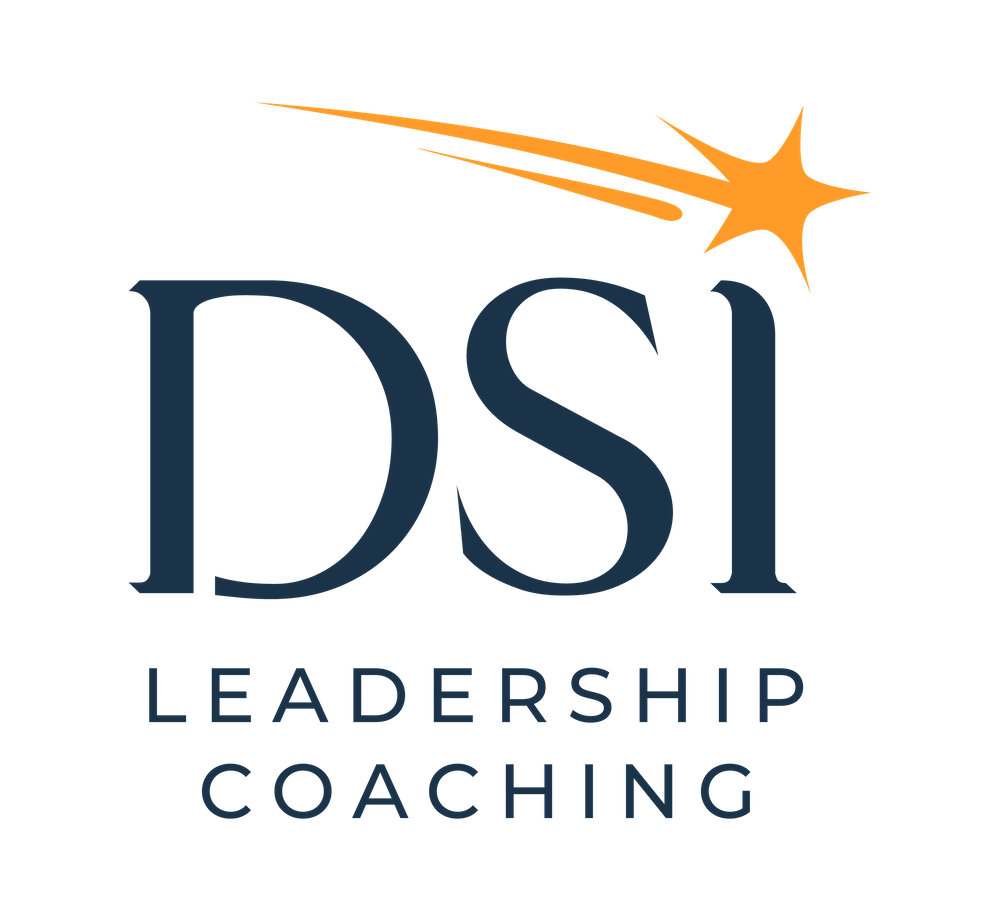What is your Unassailable Competitive Advantage? Is it the top-level school you went to? Your sales levels, or how many times you have hit your targets at work? How many companies you have started? Or even who your family is and the weight your name carries?
These are external advantages that you can put in your cv, resume, or calling card, but to me, our Unassailable Competitive Advantage is more than any of those things. It is the things about each of us – that unique combination of preferences, experience, talents, values, and perspectives – that we alone hold, and that no-one can take away from us.
It is revealed through a process of self-reflection, self-discovery, and self-revelation. It is when you follow your heart and your intuition, as well as the things you are tolerating or uncomfortable with – in other words, your own internal compass – that you find this unassailable competitive advantage. This is what I help my clients find in themselves.
Here’s one of my favorite examples, identifying details changed to protect confidentiality.
We’ll call this client Sarah. Sarah had graduated from top-level schools, and was hired by a small firm knowing she would be groomed for a senior-level position. When she came to me, however, she was feeling very insecure, lacking in self-confidence, debating with herself whether she should start looking for another position.
As we started working together, it came out that Sarah’s boss could be dismissive, peremptory, harsh, sometimes downright rude. As a result of our discussions she started talking about it with others in the company, and it became clear that this boss was seen by many as bullying. In fact younger, more vulnerable employees had left because of it. Sarah used the company’s open-feedback culture to address this issue, both on her own behalf as well as on behalf on others in the organization.
We then decided to do a customized 360 Feedback Review, because she still wasn’t feeling confident about her value to the company – always felt a bit out of step with everyone else.
The feedback we got was that she was a right-brained person in a left-brained environment – that basically she had a different perspective from almost everyone else in the company. As we discussed the feedback, she realized that there were probably only two or three others out of about 45 in the company that thought the way she thought. Once she realized she was a minority in this regard, it helped her understand why she felt out of step much of the time.
However, she also heard from the 360 that others in the company valued this difference the most about her. They were aware that she thought differently, that her perspectives made them think, notice things that they hadn’t noticed (like the issue with the bullying boss), raise issues they hadn’t thought of but that they could see in retrospect made the company stronger. And that was exactly what they counted on her for!
She didn’t always make them comfortable, but she always made them think. Once that became more clear to both Sarah and her colleagues, it eased conversations that had previously been difficult. And now that Sarah knows this about herself, she has been freed to chart her career path in a way that more closely aligns with her values, with greater clarity and understanding of what she brings to the table.
We humans are complex beings. Often we don’t recognize our greatest strengths because we are so used to what we can do easily, we assume everyone can do it. Or we grew up with people who tolerated us but didn’t value difference, so they couldn’t (or wouldn’t) help us see what made us different; blending in meant too much to them. Or we haven’t yet discovered what constitutes like-minded people, and learned to have a least a few of them close to us, if not surround ourselves with them.
And particularly when we have focused and ambitious career goals, it can be challenging to take the time to step back and self-reflect to see these things.
That’s why I’ve found coaching to be such a powerful tool, for myself as well as for my clients. It gives us space to dig deeper with a thinking partner who is committed to hear what we can’t, and to help us understand why it matters.
Would understanding your unassailable competitive advantage be useful to you? If so, give me a call, and let’s go find it!
Sorry, the comment form is closed at this time.

This is a wonderful post, Deborah. I love how the story illustrated your theme .
It made me think too.